-
About Us
-
Partnerships
-
Events
-
Resources
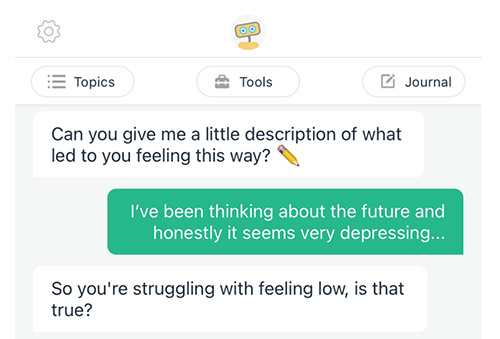

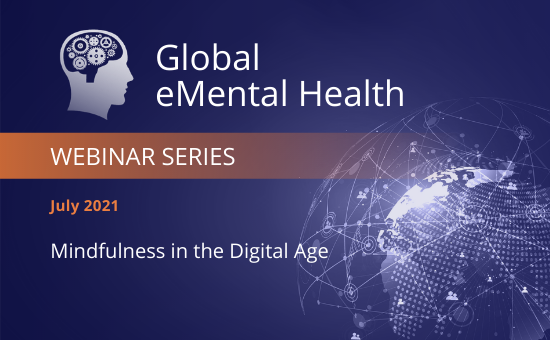



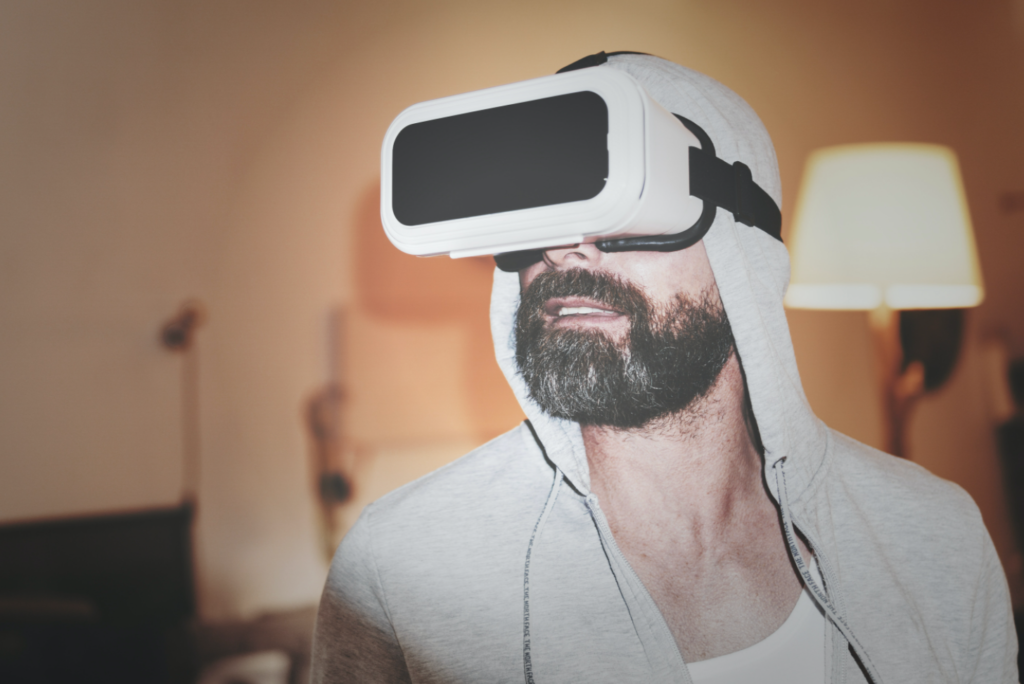
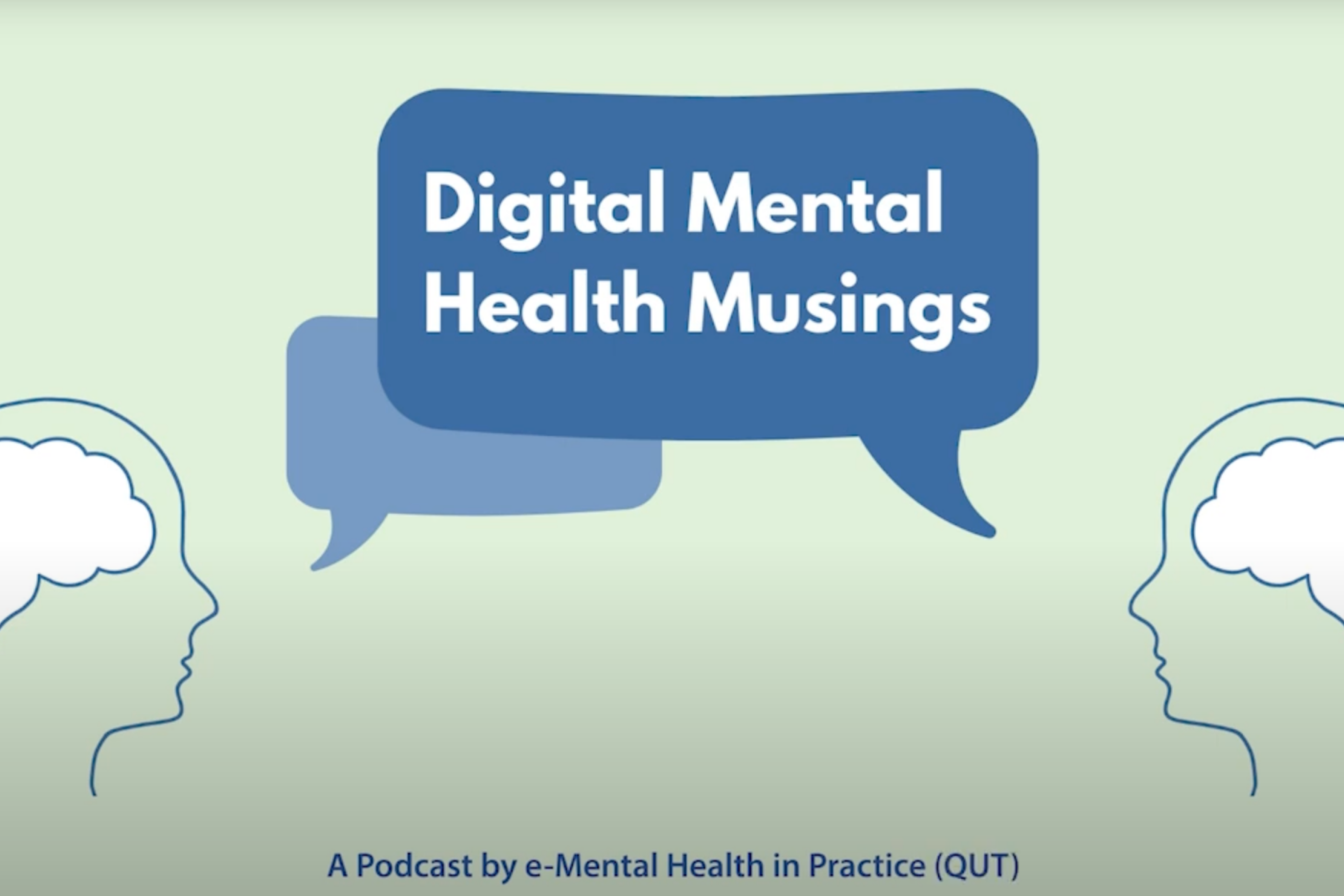
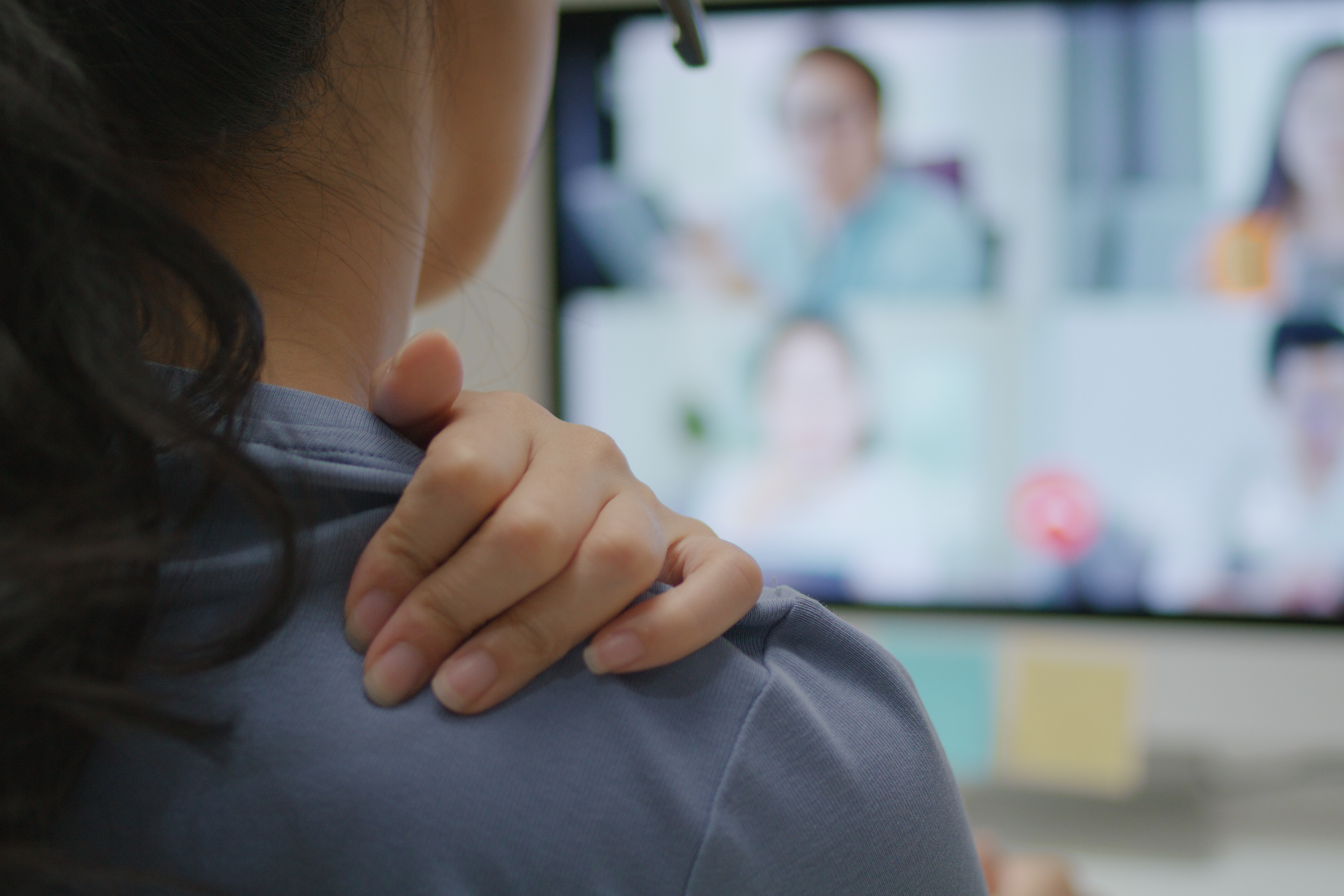

Member Login
Our Audience
eMHIC has and audience of 12 member countries (and growing) with thousands of subscribers around the world.
Share your thoughts
Have quality news or resources to share on the eMHIC Knowledge Bank? We’d love to consider publishing them for our global community.